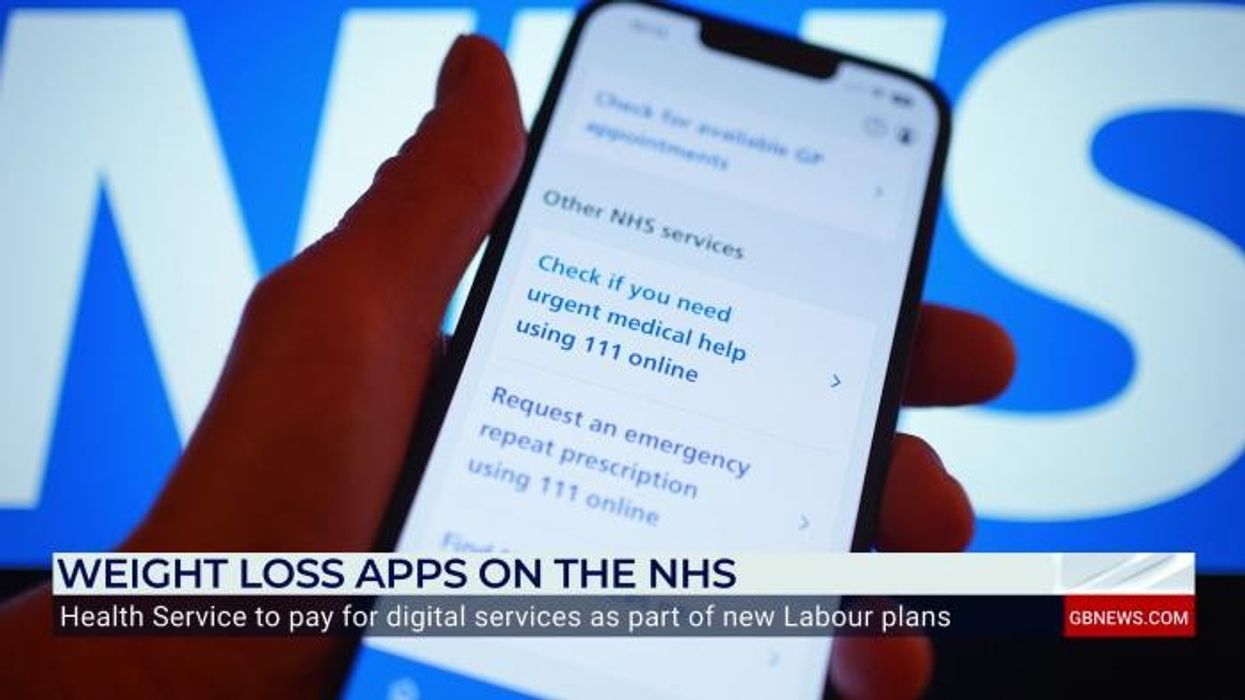'I'm a pharmacist - I'm seeing more patients on weight loss jabs with a long-lasting and severe side effect'

The health expert warned that stomach problems don't always disappear when patients stop taking the injections
Don't Miss
Most Read
A seasoned pharmacist has issued a serious alert about weight loss injections, revealing that these medications can trigger irreversible stomach paralysis in some patients.
Deborah Grayson, who has three decades of pharmacy experience and operates Digestion with Confidence, warns she'd never use these treatments herself after witnessing disturbing complications.
The medications, known as GLP-1 receptor agonists and initially created for diabetes management, have become incredibly popular for shedding pounds. By early summer, around 1.5 million people across Britain were already using them.
But Grayson's seeing something troubling - patients developing severe, lasting digestive problems from these jabs.

Some patients are developing lasting digestive problems from the weight loss jabs
|GETTY
She's particularly concerned that even brief usage periods can lead to permanent gut issues that completely transform people's lives.
The condition Grayson's encountering more frequently is gastroparesis - essentially, when your stomach can't push food through properly anymore.
These weight loss drugs function by deliberately slowing down stomach emptying to create fullness sensations, which explains their effectiveness.
But for certain patients, this mechanism becomes a nightmare. They're left feeling stuffed after eating tiny portions, battling constant nausea and vomiting, dealing with severe bloating, enduring stomach pain and suffering from persistent heartburn.
"These conditions are life-changing," Grayson explained. "These GLP-1 receptor agonists work by slowing the stomach to make people feel full faster. That's why they're so effective for weight loss, but for some, this effect can become a curse."
The most disturbing part? These stomach problems don't always disappear when patients stop taking the injections.
While manufacturers list delayed stomach emptying as an uncommon side effect, they don't mention the possibility of permanent gastroparesis.
"What's alarming is that, although we've always thought these issues would resolve when the injections are stopped, now we are discovering that this isn't always the case, leaving many patients with permanent symptoms," Grayson said.
It's not just uncomfortable - it completely upends daily life. Eating becomes a source of anxiety, nutrition suffers, and severe cases can lead to malnutrition.
Simple pleasures like sharing meals with family transform into painful ordeals.
The knock-on effects are equally concerning. These digestive symptoms often result in doctors prescribing acid-blocking medications called proton pump inhibitors, creating another layer of dependency.
Grayson points out that these acid-reducing drugs rank among Britain's most frequently prescribed medicines, with prolonged usage connected to various health issues, including dementia.
The medications might ease acid discomfort but fail to tackle the root problem of slowed stomach movement.
LATEST DEVELOPMENTS

She's particularly concerned that even brief usage periods can lead to permanent gut issues that completely transform people's lives
|GETTY
Weight loss injection users face additional serious risks beyond stomach paralysis. Official data reveals hundreds of pancreatic inflammation cases linked to GLP-1 medicines, with some proving fatal.
The medicines watchdog MHRA has recorded numerous reports of both acute and chronic pancreatitis since these drugs received approval.
"Anyone starting these injections should be fully aware of the potential for severe and, in some cases, permanent digestive issues," Grayson urged.
She's calling for doctors to carefully monitor symptoms and consider different options for patients with existing gut problems.
Our Standards: The GB News Editorial Charter











